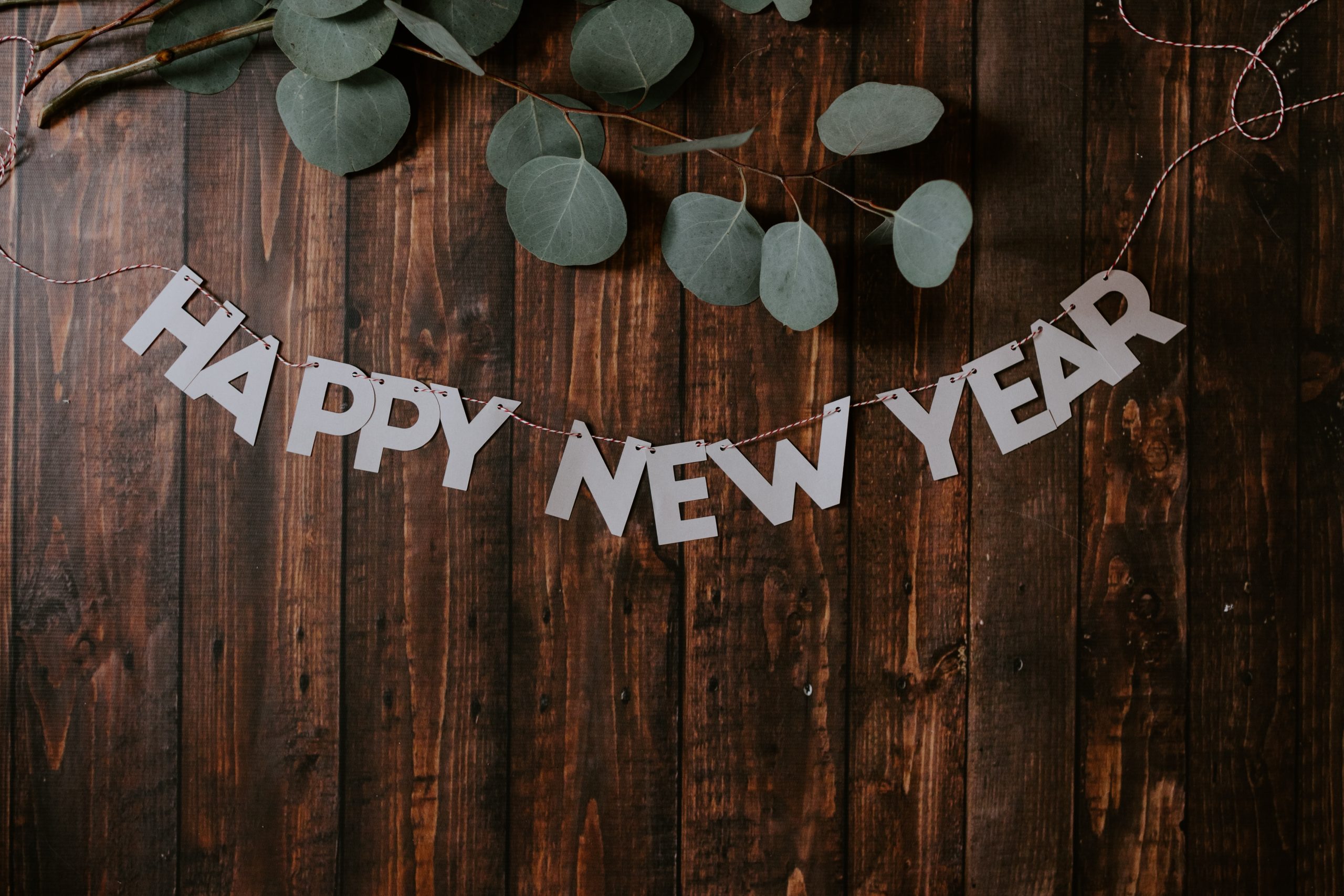
There are hundreds of good luck rituals woven among New Year celebrations, all practiced in the name of exercising a little control over fate.
The Dutch, for whom the circle is a symbol of success, eat donuts. (Powdered Sugar has not been confirmed).
Greeks bake special Vassilopitta cake with a coin inside, promising good luck in the coming year on whoever finds it in his or her slice.
Fireworks
Fireworks on New Year’s Eve started in China millennia ago as a way to chase off evil spirits.
The Japanese hold New Year’s Bonenkai, or “forget-the-year parties,” to bid farewell to the problems and concerns of the past year and prepare for a better new one
What would New Year celebrations be without disagreements and misunderstandings between people who are supposed to be resolving them, and putting grudges set aside?
Clean House
In a New Year’s ritual for many cultures, houses are scrubbed to sweep out the bad vibes and make room for better ones.
Resolutions
Resolutions to give us the pretense of control over the future.
New Year’s is a moment to consider our weaknesses and how we might reduce the vulnerabilities they pose, To do something about the scary powerlessness that comes from thinking about the unsettling unknown of what lies ahead.
As is evident, these common shared behaviors are across both history and culture. It’s fascinating to realize that the special ways that people note this unique passage. One day into the next are probably all manifestations of human’s fundamental imperative for survival.
So, how do you reassure yourself against the scariest thing the future holds? The only sure thing that lies ahead is the reality that you will someday die. So pass the donuts, the Vassilopitta and the grapes, light the fireworks, and raise a glass to toast: “To survival!”